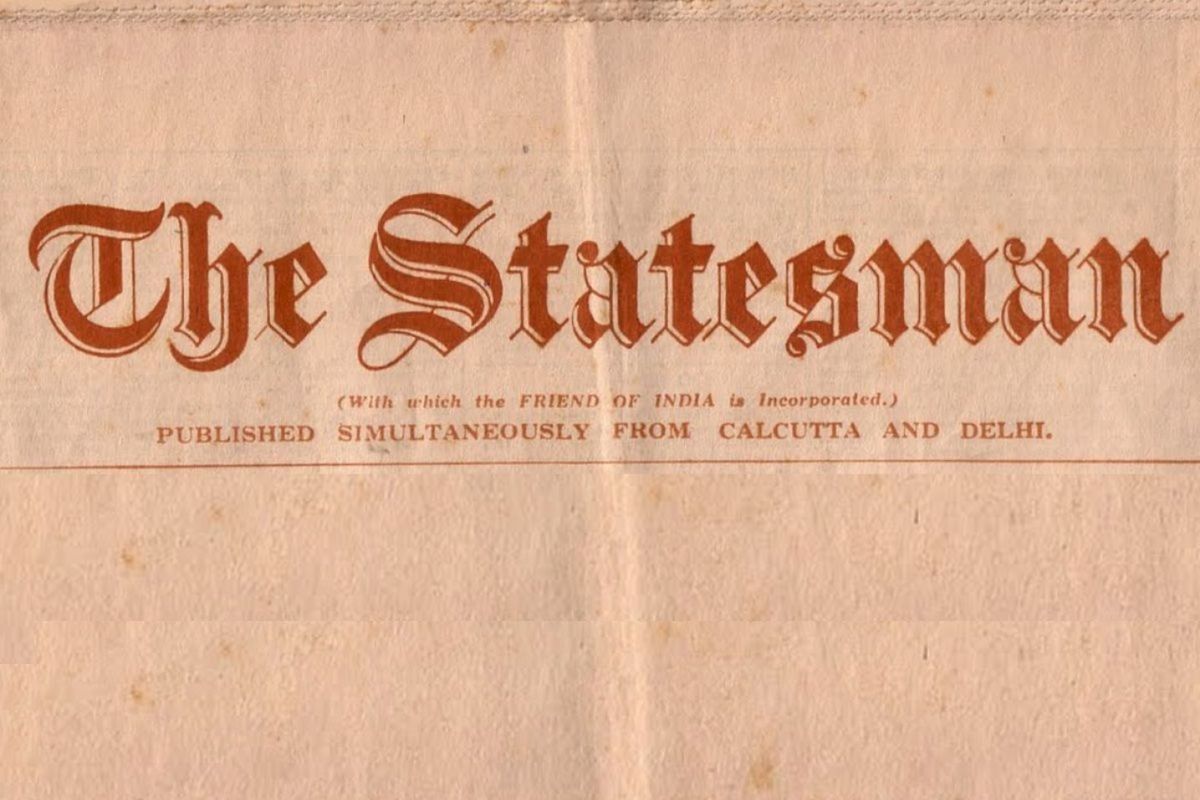OCCASIONAL NOTE
The finance sub-committee of the Calcutta Peace Day Celebrations Committee, in issuing an appeal for funds, expresses the opinion that at a time when there is so much distress among the poor, the citizens would desire the commemorations to take other forms than those of the illuminations and fireworks which have been the outward symbols of rejoicing on former occasions. The sub-committee believes there is no better way of celebrating the victory than by entertaining the soldiers and sailors who have contributed to the successful issue of the war, also by entertaining school children, and by the distribution of food and clothing among the poor of Calcutta. The appeal to the public is made accordingly with these objects, to which it is suggested that the money which would otherwise have been spent in illuminations should be devoted. It will no doubt be felt that the sub-committee is taking the right course. The illumination of the city could hardly surpass the brilliant spectacle with which the Armistice was celebrated nearly a year ago, and would be more likely to give the impression of an anti-climax. The irrepressible exultation with which the Armistice was welcomed has now given place to a more restrained, though not less deep, sense of thankfulness for peace, sobered by realisation of the problems which peace has brought in its train, and by sympathy with the distress which high prices have caused among the poor of the city.
Advertisement
DISABILITIES OF INDIANS IN SOUTH AFRICA
The Government of India have received enquiries from several quarters regarding the announcement which the Secretar of State for India was reported to have made to Mr. Surendranath Banerjea’s deputation that he had asked that the Government of India should be directly represented by one official and one non-official upon the Commission which is to be appointed to enquire into the disabilities of Indians in South Africa. The Government have now received a telegram from the Secretary of State in which he explains that a mistake has arisen through the words “upon the commission” being taken in too limited a sense and has requested the Government of India to publish the following announcement from himself:- The Union Government have decided to postpone the appointment of the commission for the present. It has been mistakenly inferred from a passage in the Secretary of State’s recent speech that a request has been made that the representatives of India should sit as members of the commission.
SHOOTING A DOG
OORGAUM, OCT 28
The case of R.H. Kandalle, Chief Cyanide Chemist, Mysore Mine, against E.B. Flanagan, underground foreman of the same mine for having wantonly shot a valuable dog was disposed of yesterday, by Mr. Sidney Pritchard, J.P., who found the accused guilty, and sentenced him to pay a fine of Rs 15 or ten days’ simple imprisonment. The whole of the fine if paid was ordered to be awarded to the complainant as compensation. As the complainant put a very high value on the dog, he was at liberty to sue the accused for damages in the civil court. The magistrate observed he could not punish more severely, as the dog was valued at Rs 15 by a qualified veterinary surgeon who had given evidence in the case.
COTTON CLOTH CONTROL
Since the provisions of the Cotton Cloth Act were put into operation there have been no violent fluctuations in the price of cloth, the trend of which over the whole period has been in a downward direction. During the last few weeks prices have risen in Bombay, mainly as a result of increased demand due to the favourable monsoon conditions, but indications point to an approach to a level which may be regarded as normal in post-war conditions. In these circumstances, and in view of the fact that, as stated in a reply to a question asked by the Hon. Maharaja Sir Manindra Chandra Nandi in the Imperial Legislative Council, the Governments of the United Provinces and Bihar and Orissa, in which the shortage of cloth was originally most acute, the Government of India have decided that cotton cloth control should be placed in abeyance for the present.
CAPITAL AND LABOUR IN AMERICA
At the National Industrial Conference the groups representing labour and the public voted for a resolution introduced by Mr. Gompers recognising the right of collective bargaining. The employers’ group voted against the resolution, which was lost under the rule requiring unanimity. Subsequently the labour group withdrew from the conference. Mr. Gompers, addressing the conference, declared that the executive of the Federation of Labour of the previous night voted to support the steel strike morally and financially.











